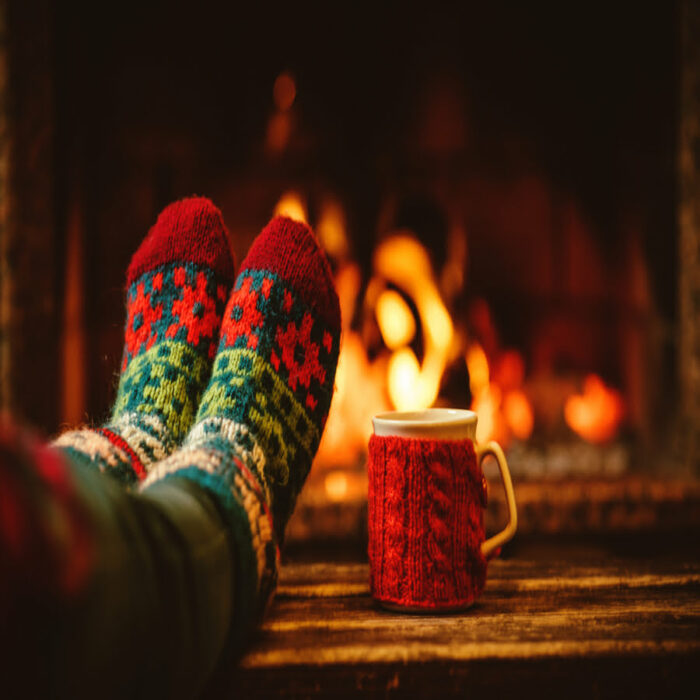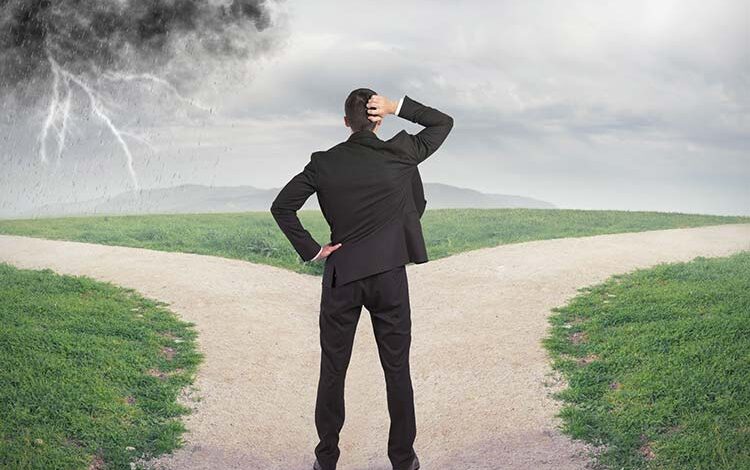A glass of wine after a long day at the office can be wonderful, and going to happy hour with co-workers to blow off some steam after a stressful day on the job can be fun, but are you using alcohol to cope with work or better yet, are you using alcohol as a social lubricant to engage with your co-workers? If you work in an office, you most likely spend a lot of time with your co-workers, maybe even more time than you do with your friends or family.
Unlike our friends or spouses, we don’t choose our co-workers, which can often mean that they may not be people we socialize with if we do not work together. On the other hand, some of our co-workers can be our best friends. Either way, work events, happy hours, holiday parties, or any social interaction with our co-workers can be stressful or awkward, and as a result, we often grab a beer (or three) as a social crutch to relieve any awkwardness and navigate the small talk. But are you misusing alcohol to the point you are drinking as a social crutch to deal with your co-workers?
The relationship between work events and alcohol
When consuming alcohol is part of a company-organized activity such as happy hour, mini golf with beer, dinner at a brewery, etc., it can exclude many people and make many others uncomfortable. Individuals who do not drink for health or religious reasons, individuals in recovery, and parents who need to go home to take care of their children or elderly family members may not attend these events altogether, may feel awkward if they attend, or may feel pressured to drink because everyone else around them is consuming alcohol. People often feel compelled to drink at these work events, even if they do not want to. A 2019 study found that employees feel obligated to participate when employers or supervisors initiate drinking events.
It can be tricky to determine if you are using alcohol as a social crutch with your co-workers, yet there are a few warning signs that may indicate that you are:
You crave alcohol at work events
If you notice that you are thinking about alcohol while at a work event, especially to use as a social crutch, this may indicate that your alcohol use is problematic. Do you feel you cannot get through a work event or a lunch outing with your co-workers without a drink? Do you constantly desire or even need to consume alcohol at work events to “take the edge off”? A simple way to balance these urges is to find another healthier replacement, such as sparkling water, a mocktail, a dessert, or some other indulgence in a social setting where you feel like you are celebrating.
You need alcohol to have a good time
You may feel awkward at work events and, as a result, believe that you need alcohol to relax and have a good time. Maybe you are an introvert, struggle with social anxiety, or are uncomfortable around your co-workers. Many introverts get overwhelmed when they must be social for a long time. Alcohol is a social lubricant and can make socializing easier for introverts, but this can be harmful to your mental health because you are not addressing the underlying issue; the fact that you need self-care, and for some, self-care means some quality alone time.
Many individuals with social anxiety feel as though they are bored without alcohol and use alcohol as a crutch to engage with other people. The problem is that it is a fragile line between being the life of the party and being the embarrassment of it. If you find it easier to socialize at work events while drinking, this may be a sign that you are relying on alcohol to function, which can be a slippery slope into alcohol misuse.
You come into the office hungover
If you drink at work events to the point that you are struggling the next day at work, it may be a red flag that you are misusing alcohol to engage with your co-workers. If you feel sluggish, have a headache, GI upset, and generally feel hungover the next day, this should be your sign that you should cut back on drinking. If you feel tempted to drink at your next work event, remember how awful you felt the last time you were hungover.
You have a drink or two alone before you attend a work event
If you feel the need to have a couple of drinks before you meet your co-workers, just to take the edge off, then consuming more alcohol when you join your workmates, this is a sign you are using alcohol as a social crutch. If you feel like you must be intoxicated before meeting your co-workers, plan to drink more; this is a dangerous drinking pattern. It could increase the likelihood of driving drunk or using alcohol to cope with underlying emotions.



